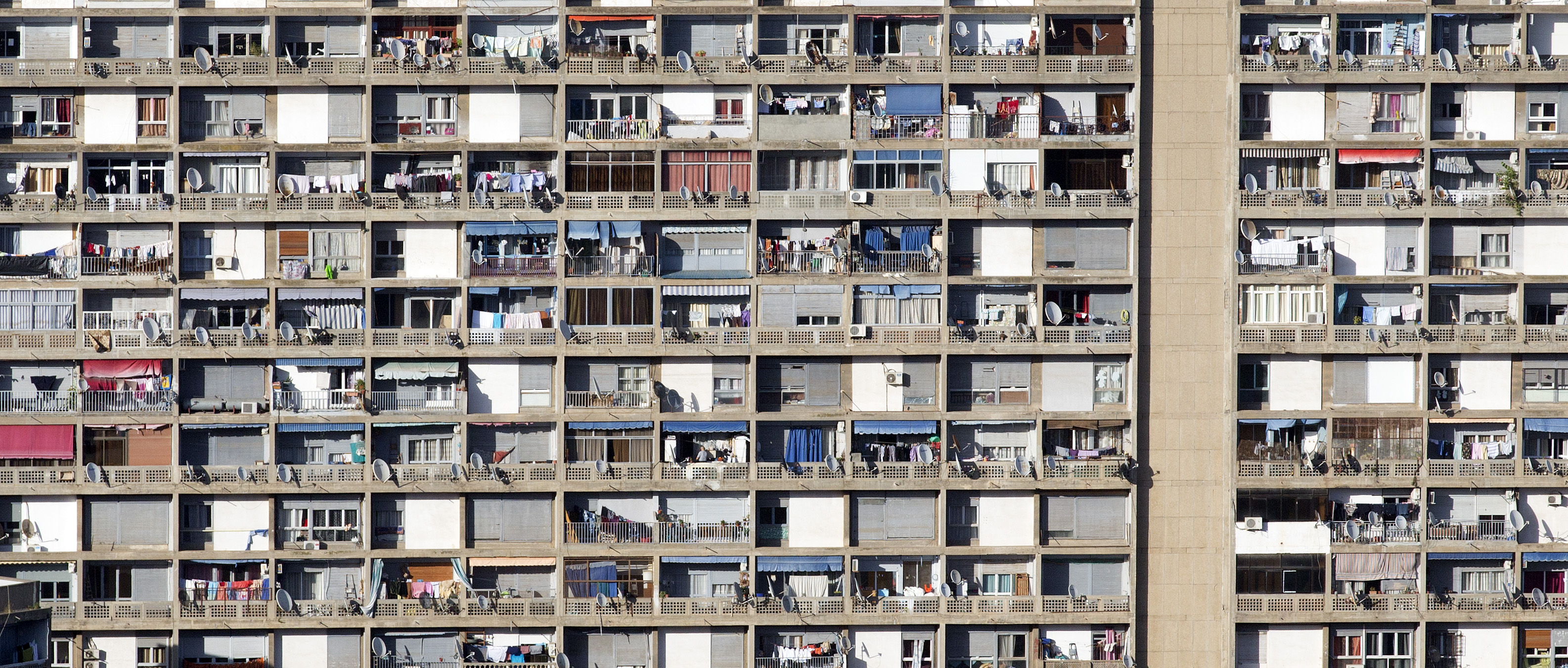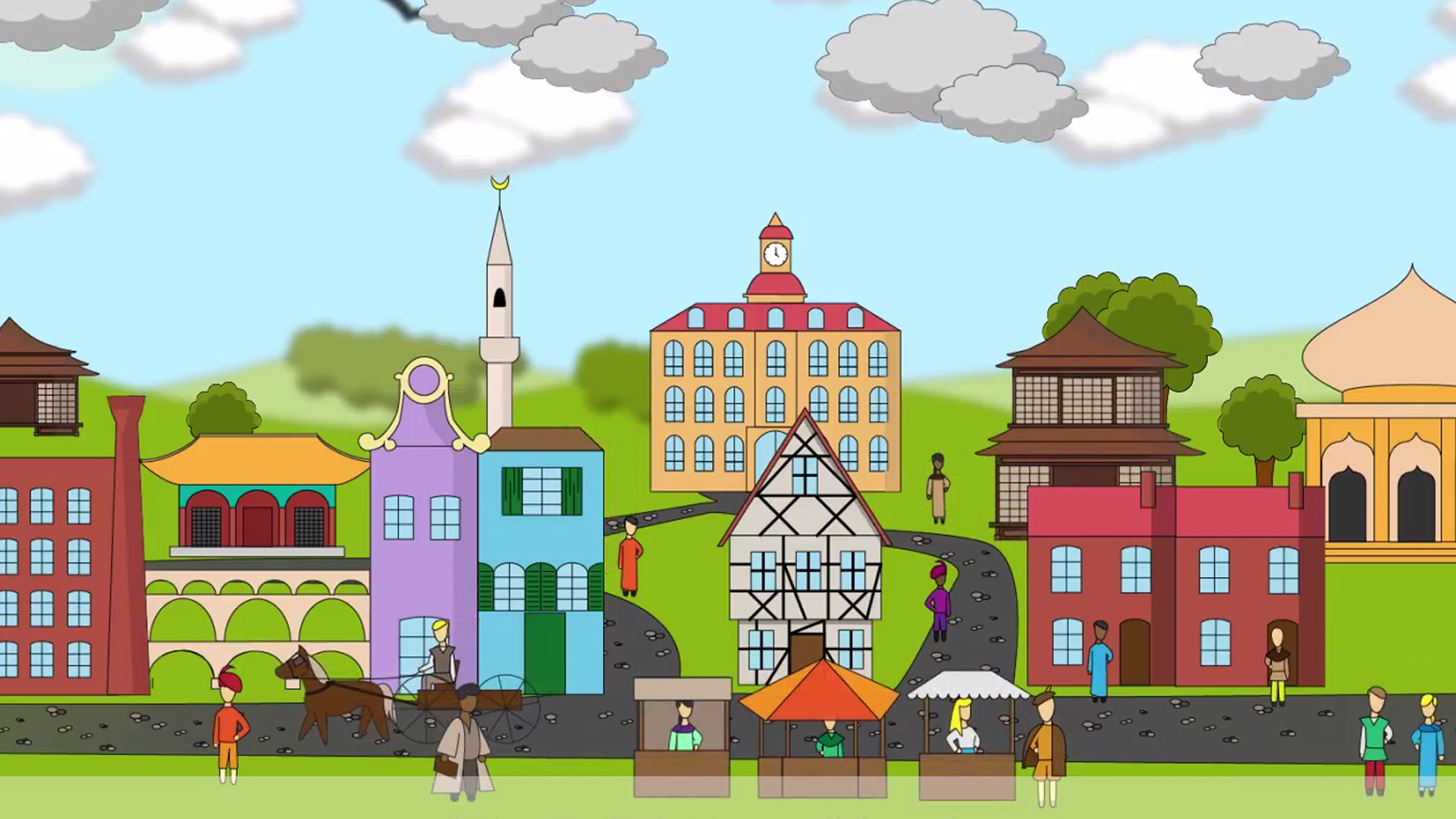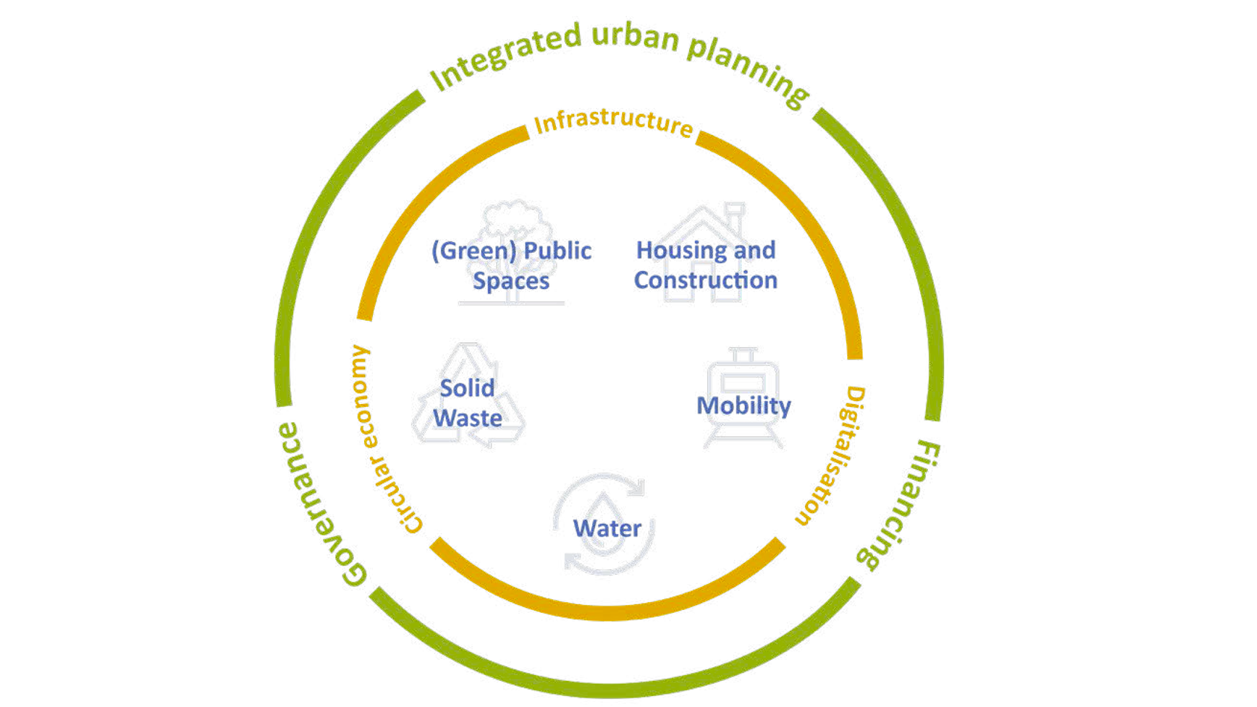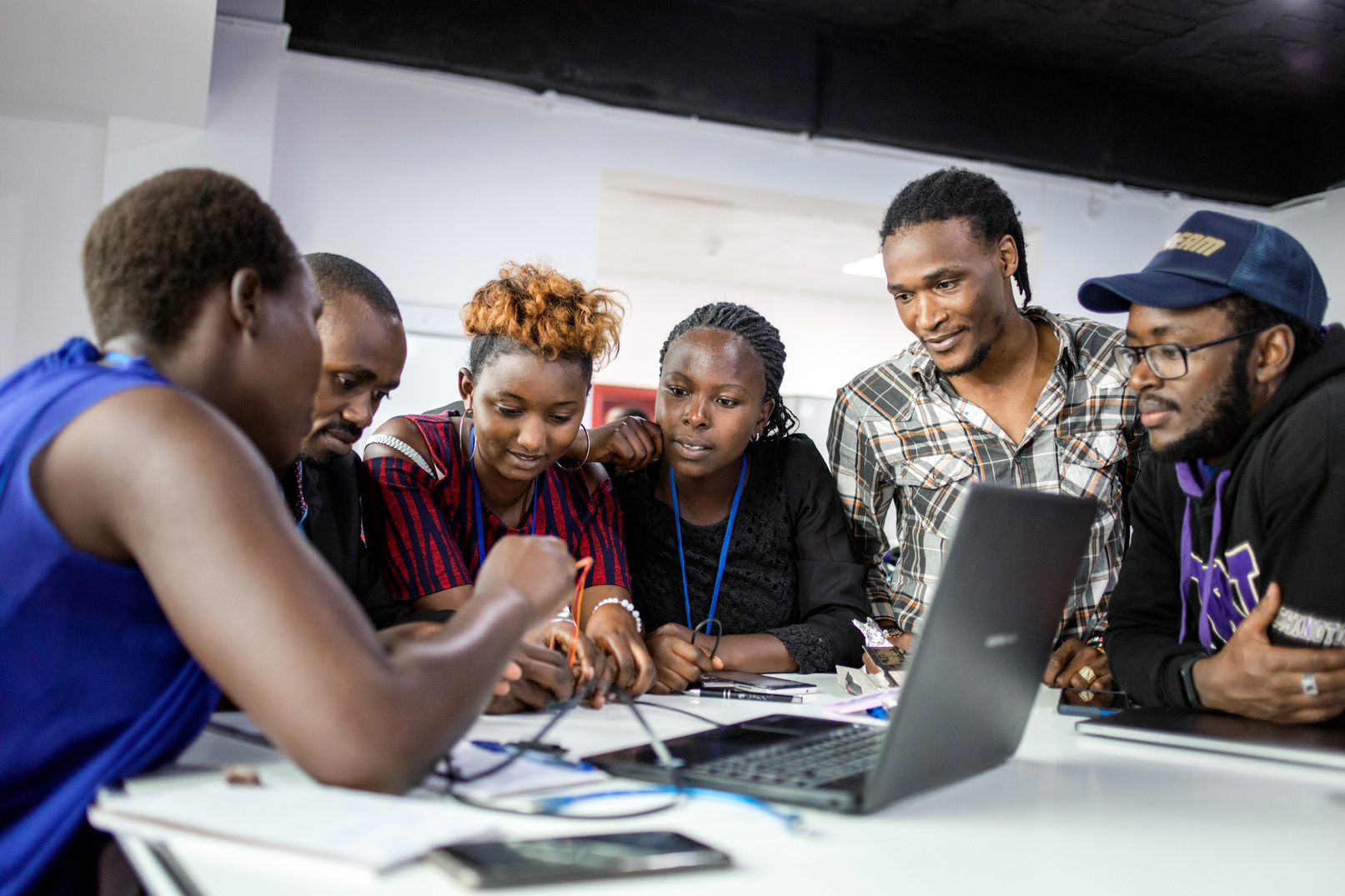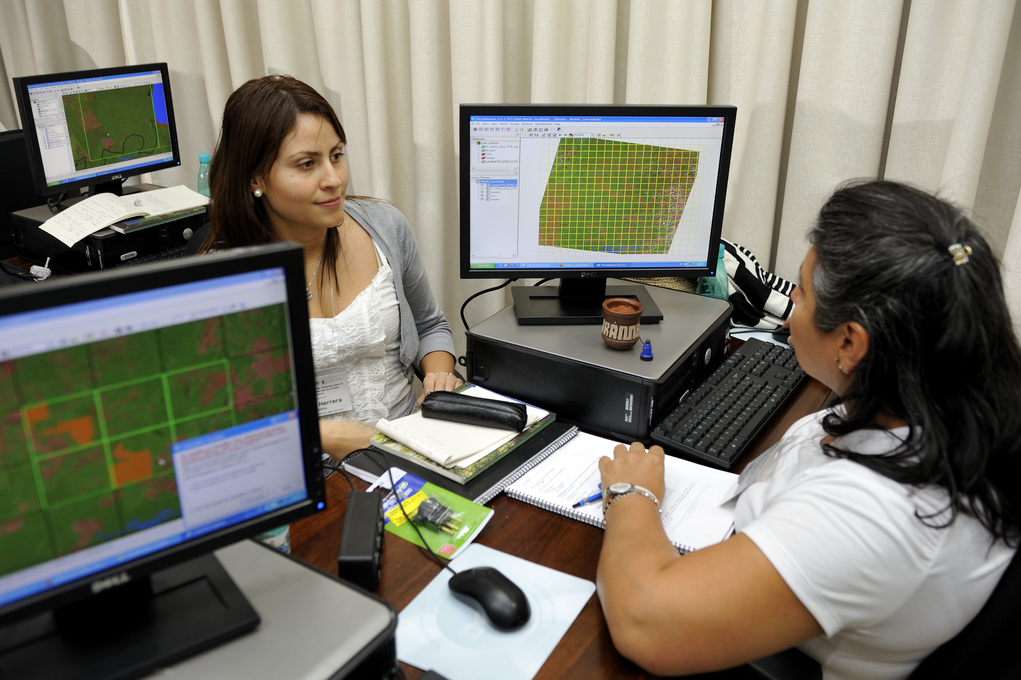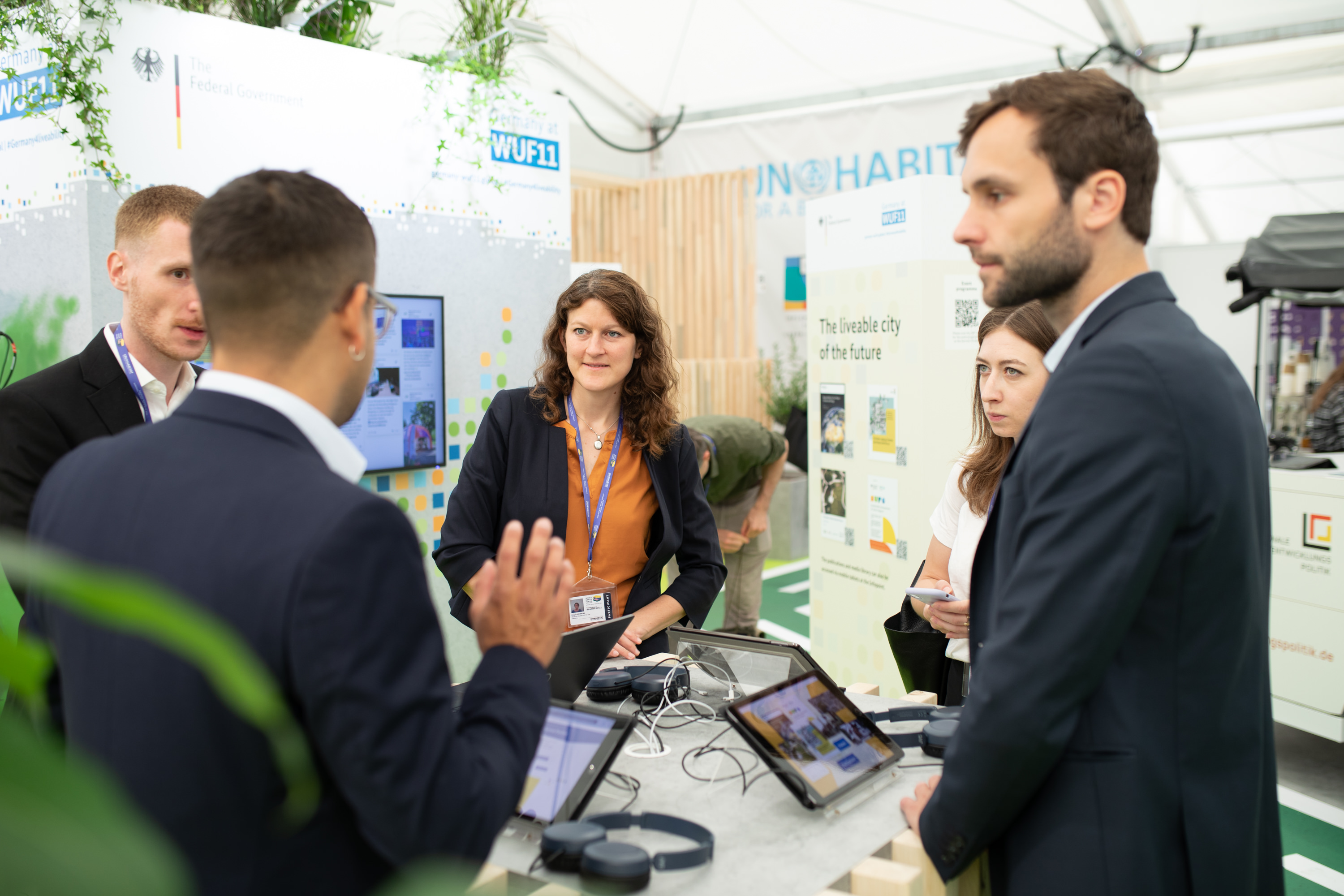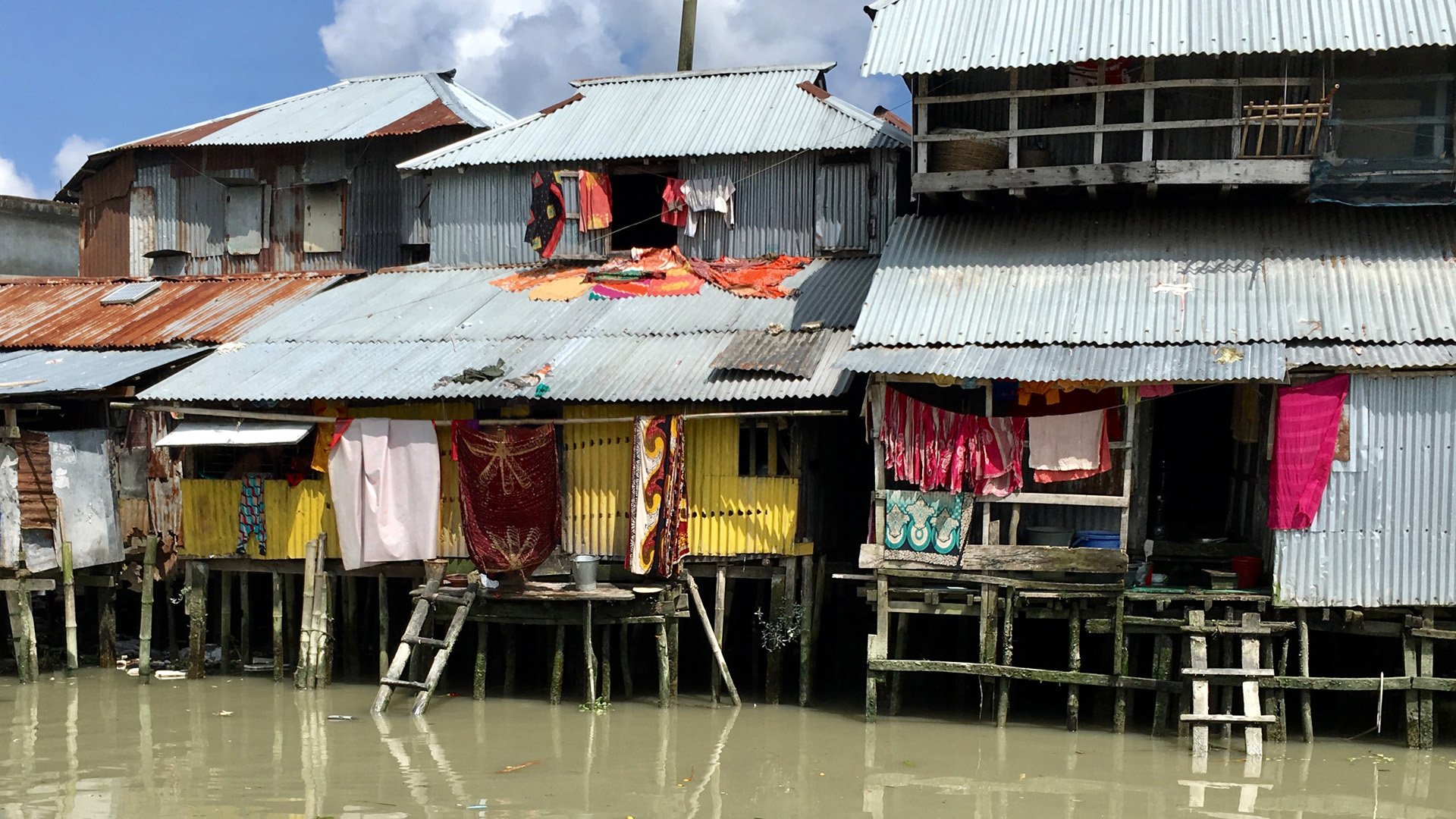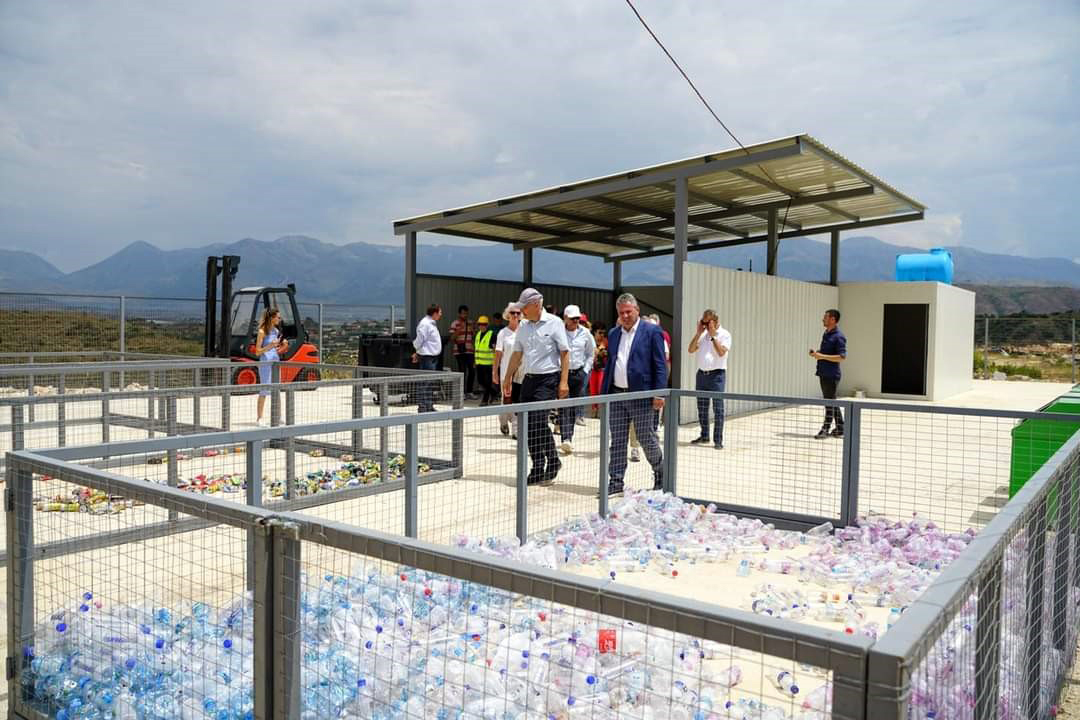Home in Algiers, Algeria.
Copyright© Thomas Koehler/photothek.net
Sustainable urban development
In the 1950s, around 30 per cent of the world’s population lived in urban areas. By 2022, this figure had risen to 57 per cent – and this trend is continuing. The United Nations estimates that by 2050, around 70 per cent of the world’s population will be living in cities.
Cities are growing particularly fast in regions where the population is increasing rapidly and where many people are moving from rural to metropolitan areas – in particular in developing countries and emerging economies in Asia and Africa. According to current estimates, the urban population of sub-Saharan Africa is set to almost triple in size in the space of a few decades.
So far, however, urban growth has mostly been unplanned and inefficient: according to estimates, more than 1.1 billion people – around 25 per cent of the urban population – were living in slums or informal settlements in 2022. Two billion more are expected to be added by 2050.
Creating liveable cities together
In line with its core area strategy “Responsibility for our planet – climate and energy”, the Federal Ministry for Economic Cooperation and Development (BMZ) fosters an integrated approach to sustainable urban development. This means involving all urban stakeholders closely in cooperation: members of civil society, the political and administrative spheres, the private sector and the scientific community.
The aim is to make use of the development potential offered by cities: their potential to play a major role in global climate and environmental action, and to contribute to sustainable development, maintaining biodiversity, gender equality, the inclusion of persons with disabilities, and the reduction of social and economic inequalities.
Germany’s development policy activities support cities in tapping into this potential and developing routes to achieving internationally agreed goals. To increase their capacity for action, Germany works with cities to create strategies, share expertise, establish and expand networks and develop various financing approaches.
Liveable, environmentally friendly cities not only benefit their inhabitants; they benefit the global community as a whole.
Priority areas of Germany’s sustainable urban development activities
Priority areas of Germany’s sustainable urban development activities
Currently, 80 per cent of global economic activity is generated in cities. Cities also account for around 80 per cent of the world’s energy consumption. They are responsible for around 80 per cent of greenhouse gas emissions and around 70 per cent of the world’s waste.
The BMZ supports it partner countries in achieving a just transition to a climate-neutral, socially just economy and society. They work together to create an enabling environment for sustainable urban development (good governance, participatory urban planning, access to finance).
Germany’s activities focus on key areas of urban development in order to reduce poverty, combat social inequalities, stimulate local economies and create new jobs. This includes establishing infrastructure to supply the basic needs of the population, developing approaches to achieving a circular economy, and furthering digitalisation in a way that promotes the common good.
German development cooperation activities focus in particular on the participation of women and other disadvantaged groups in planning and decision-making processes.
At an international level, Germany is involved in urban development partnerships and networks to promote knowledge-sharing and ensure that global processes are shaped collaboratively.
As at: 31/10/2024
